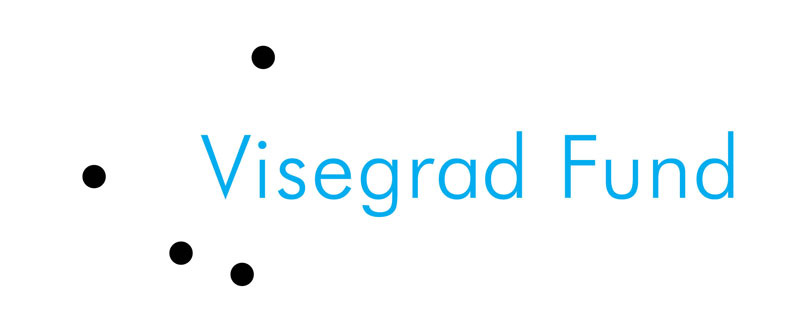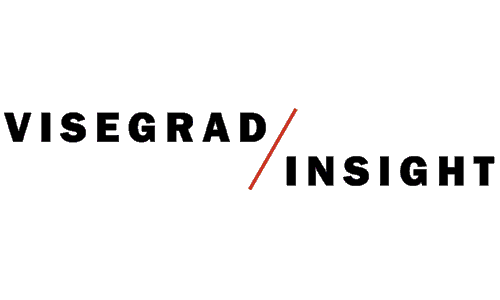Project summary:
The project The Visegrad Countries in Crisis involves:
1. Re-assembling an earlier team of specialists on political elites in the four Visegrad countries, plus a US specialist on elite studies;
2. Convening a conference at Collegium Civitas in Warsaw in July 2016 that will be attended by the country specialists, augmented by a score of politicians and government bureaucrats involved in V-4 negotiations;
3. Preparing and presenting conference papers containing overviews for intensive discussion and charting further research needing to be undertaken during the second half of 2016.
4. Preparing a publishable volume containing the project’s findings.. This activity will be continued throughout the project duration and finalized after the project is completed, in 2017 (first half).
Detailed project description:
V-4 leaders and elites now face serious problems and challenges to the alliance’s unity. These problems center on the wave of refugees and other migrants flowing into Europe from war-ravaged and economically crippled Middle Eastern, North African, and Balkan countries. Attacks by Islamist terrorist groups and the consequent surge of anti-immigration and nationalist forces within the V-4 countries and the EU more generally exacerbate the problems and challenges. Taken together, they amount to a crisis that raises major questions about V-4 unity and V-4 relations with other EU member states, especially Germany.
This application proposes to convene a conference and prepare a book to explore four aspects of the crisis:
• The strategic direction of V-4 development, especially the choice between further integration or greater autonomy in the EU, with particular attention to tensions between the V-4 alliance and the cross-cutting “Weimar axis” of Germany, France, and Poland.
• Growth of populist-nationalist forces within the V-4 countries and wider EU, their ideologies and appeals, cross-border ties, and political ramifications;
• Schengen Zone issues of coordinated external border control to regulate and proces influxes of refugees and economic migrants from outside the EU and avert terrorist attacks while sustaining passport-free movement within the Zone.
• V-4 security threats, both national and collective, as well as military and energy-related threats in the context of Russia’s aggressive policies, NATO’s strengths and weaknesses, a possibly wavering US commitment to Eastern Europe, and Ukraine’s continuing instability.
The current crisis poses a serious threat to V-4 unity. Leaders and elites in each of the four countries face challenges that are widely publicized by media and point towards poisonous conflicts. The threats are centrifugal in their political impacts and they tend to reinforce each other. They pose questions about the V-4’s future, the directions in which it may evolve or devolve, and whether the alliance will continue to be an important element of the EU’s architecture or a contributor to the EU’s fragmentation. These questions will be addressed initially by a conference in July 2016 and secondarily when preparing a book resulting from the conference and further research charted during it.
Project partners:
- Charles University in Prague
- Instytut Filozofii i Socjologii PAN
- Comenius University, Slovakia
- Gyorgy Lengyel (Corvinus University, Budapest) and Gabriella Ilonszki (Hungarian Academy of Sciences)




